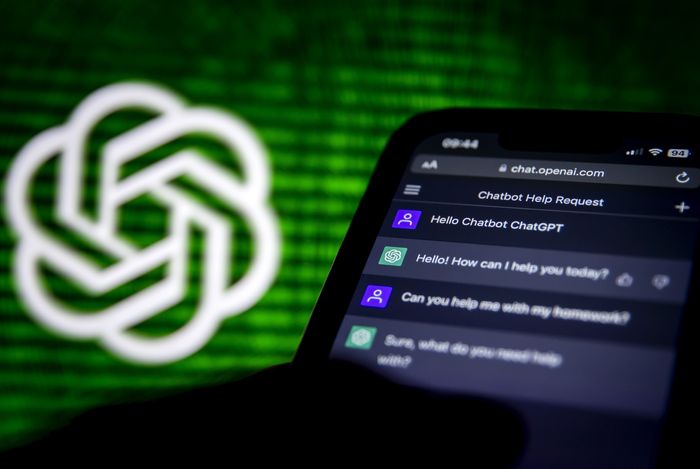
Alphabet CEO notes company’s strong position in AI as ChatGPT reaches 100m users, according to analysts
In response to the success of ChatGPT, Google plans to release its chatbot technology to the public in the coming weeks and months, according to Alphabet CEO Sundar Pichai. He stated that the use of AI had reached an “inflection point” and that Google was well-positioned in the field, referring to the company’s two large language models, LaMDA and PaLM. LaMDA is set to be released soon, and Google has reportedly started testing an AI chatbot similar to ChatGPT, called Apprentice Bard, which utilizes LaMDA technology.
Last year, an engineer at Google was fired after making claims that LaMDA, a language model for dialogue applications developed by the company, was “sentient”. Google denied the claims, calling them baseless. Alphabet CEO Sundar Pichai said during a conference call with investors that the company will make its language models, starting with LaMDA, available for people to engage with in the coming weeks and months.
Large language models, including LaMDA and the one powering ChatGPT, are neural networks that simulate the structure of the brain in a computerized format. They are trained using extensive amounts of text data to learn how to generate plausible sentences. ChatGPT has gained widespread popularity for its ability to create various types of content, ranging from school essays to job applications.
Pichai noted that the chatbot technology would be incorporated into Google during the launch. “Soon, people will have the opportunity to directly interact with our newest and most powerful language models, as a companion to search in experimental and innovative ways,” he stated. Last year, Google introduced a set of LaMDA demos to limited groups as part of its “AI Test Kitchen” initiative.
In addition, Pichai highlighted the accomplishments of DeepMind, Alphabet’s AI unit based in the UK, noting that its database of “all 200 million proteins known to science have been used by 1 million biologists around the world.”
Since its release on November 30, analysts estimate that ChatGPT, developed by San Francisco-based company OpenAI, has amassed 100 million users. Analysts at investment bank UBS characterized this growth as unprecedented, stating: “In 20 years following the internet space, we cannot recall a faster ramp in a consumer internet app.”
Microsoft, a financial supporter of OpenAI, is incorporating ChatGPT into its offerings and has recently introduced a premium version of Teams, its communication platform, with AI-enabled features such as meeting notes generated automatically. It is anticipated that Microsoft will also use OpenAI’s AI models in its Bing search engine.
ChatGPT exemplifies generative AI, a technology that is trained on massive amounts of text and images and can produce content from a basic text prompt. OpenAI has also created Dall-E, an AI-powered image generator.
According to Michael Wooldridge, a computer science professor at the University of Oxford, the release of ChatGPT by OpenAI has had a significant impact on big tech companies. He said that OpenAI has “put a firework” under these companies, causing them to take notice. Despite having only a fraction of the employees of big tech firms, OpenAI has achieved remarkable success with ChatGPT, which may have caused concern in Silicon Valley boardrooms. Wooldridge predicts that other big tech firms will pivot towards large language models and generative AI, leading to a rush to get products to market and attract users.



